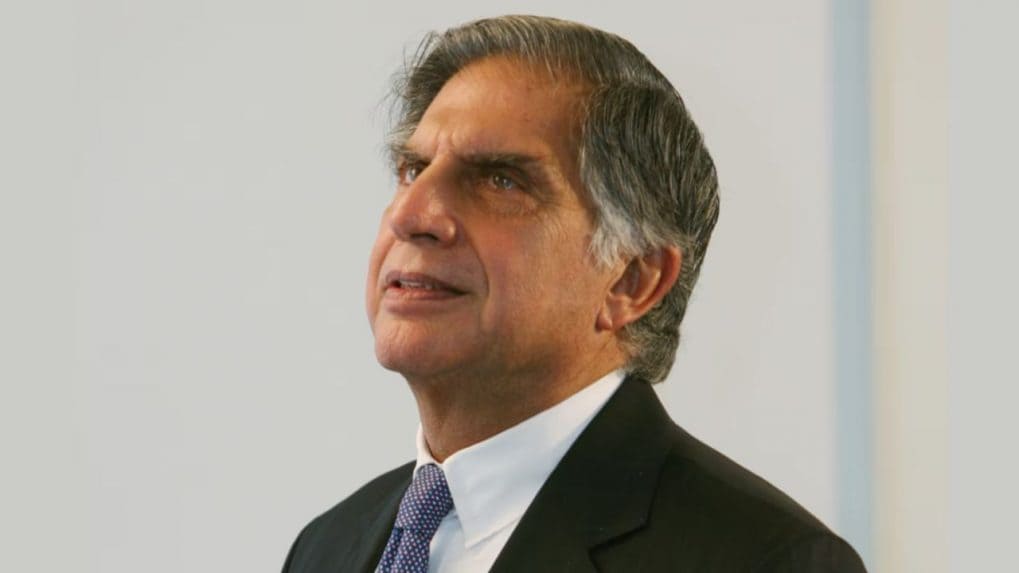An inherited legacy and the burden of not slipping: Who Ratan Tata was beyond the titles
Ratan Tata: Exploring his ethical leadership, transformative impact on India’s business landscape, and enduring legacy a year after his passing.
ADVERTISEMENT
In the often clamorous corridors of Indian business, Ratan Tata was a quiet presence, a man whose influence was felt in gestures as much as in monumental decisions. A year after his passing, his absence still reverberates, not only in boardrooms but in the moral compass he left for India Inc.
Tata’s life was a study in contrasts. An industrial titan and an ascetic at heart, a global businessman yet deeply rooted in Mumbai neighborhoods. He inherited a sprawling conglomerate, yet he saw leadership not as a prize but as stewardship - a duty.
Those who knew him recall meetings defined not by ambition, but by deliberation. Decisions were never rushed; each choice carried a reflection of its impact not only on shareholders, but on communities, employees, and society. This philosophy guided Tata Sons through decades of expansion - from steel and automobiles to software and hospitality - but always with a principle: innovation must serve a purpose beyond profit.
The Tata Nano, celebrated as the world’s most affordable car, was emblematic of this ethos. It wasn’t merely a product; it was a statement that mobility could be democratized, that a corporation could imagine the needs of the marginalized while maintaining integrity. Foundations, scholarships, hospitals, and educational institutions flourished under his guidance - a reflection of wealth put to societal use.
WATCH
Tata’s approach to leadership combined rigor with empathy. Young executives remember being questioned for their reasoning, not credentials. Integrity was non-negotiable, a standard extending from boardroom to shop floor. He cultivated a culture of accountability and ethical stewardship, insisting that the human element remain central to business decisions.
Even in global boardrooms, Tata’s moral lens remained sharp. Colleagues recall him pausing before signing agreements, weighing not only economic feasibility but social impact. He measured success not in quarterly profits, but in long-term effects - on people, communities, and future generations.
Perhaps what distinguished him most was humility. Fame never seduced him; accolades never defined him. Seen walking through Tata facilities without entourage or fanfare, he engaged employees with sincerity. Visitors recall conversations less about hierarchy than curiosity - about understanding, learning, and connecting. His power was amplified precisely because it was understated.
His influence extended quietly into public life. Supporting disaster relief, advancing education, advocating ethical business practices - Tata acted deliberately, avoiding performative gestures. Even in retirement, he remained a trusted guide on industrial policy and social entrepreneurship, offering counsel not as edict, but as insight forged from decades of reflection.
Tata embodied ethical courage. In moments of crisis, he chose principle over expedience, integrity over short-term gain. This insistence on doing the right thing, even when inconvenient, shaped a generation of leaders and institutions.
His paradox endures: a man of immense wealth and global influence, yet unassuming; a strategist, yet deeply ethical; a figure known worldwide, yet intimately connected to local realities. In an era obsessed with visibility and short-term wins, he demonstrated that quiet conviction, foresight, and empathy leave the most lasting mark.
Ratan Tata’s life was a lesson in balance - between ambition and humility, power and responsibility, growth and conscience.


